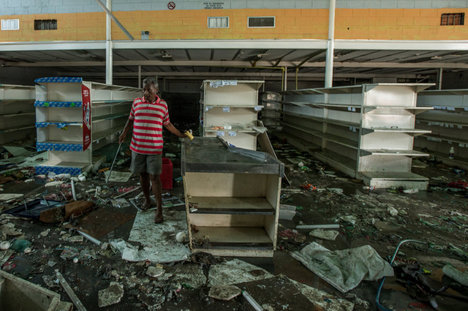(p. A7) . . . Dr. Unschuld, who is as blunt as he is outspoken, stands at the center of a long and contentious debate in the West over Chinese medicine. For many, it is the ur-alternative to what they see as the industrialized and chemicalized medicine that dominates in the West. For others, it is little more than charlatanism, with its successes attributed to the placebo effect and the odd folk remedy.
Dr. Unschuld is a challenge to both ways of thinking. He has just finished a 28-year English translation of the three principal parts of the foundational work of Chinese medicine: the Huangdi Neijing, or Yellow Emperor’s Inner Classic, published by the University of California Press. But unlike many of the textbooks used in Chinese medicine schools in the West, Dr. Unschuld’s works are monuments to the art of serious translation; he avoids New Age jargon like “energy” or familiar Western medical terms like “pathogens,” seeing both as unfair to the ancient writers and their worldviews.
But this reflects a deep respect for the ancient authors the detractors of Chinese medicine sometimes lack. Dr. Unschuld hunts down obscure terms and devises consistent terminologies that are sometimes not easy to read, but are faithful to the original text. Almost universally, his translations are regarded as trailblazing — making available, for the first time in a Western language, the complete foundational works of Chinese medicine from up to 2,000 years ago.
. . .
. . . then there is the issue of efficacy. With his extremely dry humor, Dr. Unschuld likens Chinese medicine to the herbal formulas of the medieval Christian mystic Hildegard von Bingen. If people want to try it, they should be free to do so, he said, but not at taxpayer expense. As for himself, Dr. Unschuld says he has never tried Chinese medicine.
. . .
His purely academic approach, . . . , makes him a difficult figure for China to embrace. While widely respected for his knowledge and translations, he has done little to advance the government’s agenda of promoting Chinese medicine as soft power. Echoing other critics, he describes China’s translations of the classics as “complete swindles,” saying they are done with little care and only a political goal in mind.
For Dr. Unschuld, Chinese medicine is far more interesting as an allegory for China’s mental state. His most famous book is a history of Chinese medical ideas, in which he sees classic figures, such as the Yellow Emperor, as a reflection of the Chinese people’s deep-seated pragmatism. At a time when demons and ghosts were blamed for illness, these Chinese works from 2,000 years ago ascribed it to behavior or disease that could be corrected or cured.
“It is a metaphor for enlightenment,” he says.
Especially striking, Dr. Unschuld says, is that the Chinese approach puts responsibility on the individual, as reflected in the statement “wo ming zai wo, bu zai tian” — “my fate lies with me, not with heaven.” This mentality was reflected on a national level in the 19th and 20th centuries, when China was being attacked by outsiders. The Chinese largely blamed themselves and sought concrete answers by studying foreign ideas, industrializing and building a modern economy.
For the full story, see:
IAN JOHNSON. “The Saturday Profile; An Expert on Chinese Medicine, but No New Age Healer.” The New York Times (Sat., SEPT. 24, 2016): A7.
(Note: ellipsis added.)
(Note: the online version of the story has the date SEPT. 23, 2016, and has the title “Gandhi the Imperialist – Book Review.”)
The recently finished book mentioned above, is:
Unschuld, Paul U. Huang Di Nei Jing Ling Shu: The Ancient Classic on Needle Therapy. Oakland, CA: University of California Press, 2016.

